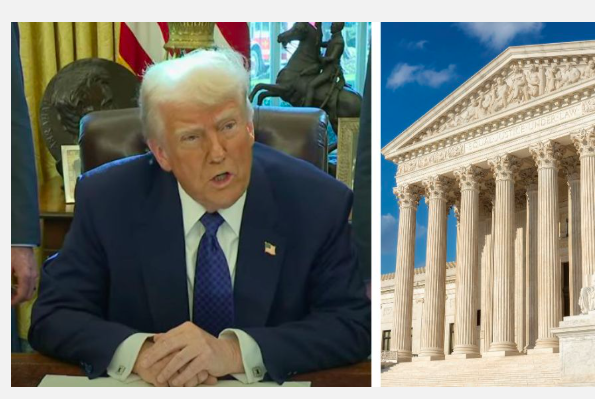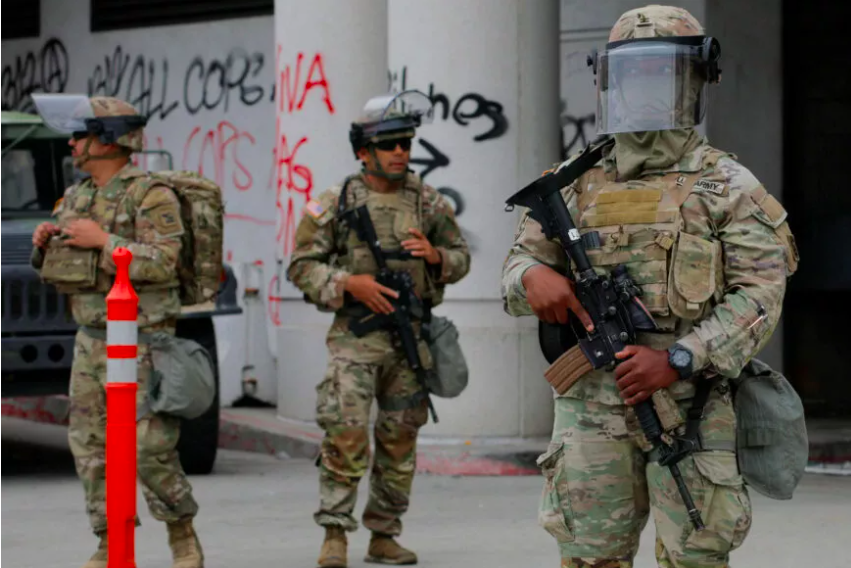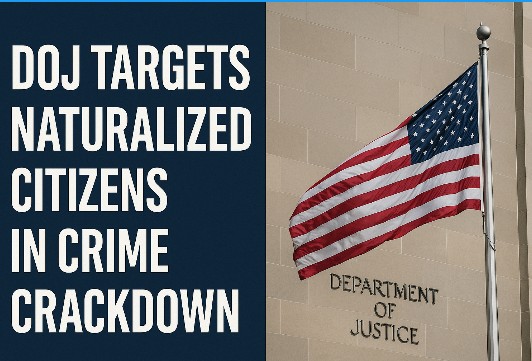Supreme Court Blocks Judge’s Order to Return MS-13 Gang Member to U.S.
The Supreme Court handed the Trump administration a major legal victory by blocking a lower court’s order that sought to force the return of an MS-13 gang member from El Salvador to the United States. The decision, issued by Chief Justice John Roberts, effectively shields the Trump administration from complying with a controversial ruling from a federal judge in Maryland.
The case involves the deportation of an illegal immigrant and alleged MS-13 member, identified as an El Salvadoran national who was removed by U.S. immigration officials in violation of a lower court order. The Biden administration’s Department of Justice did not oppose the order to return him. However, under the Trump administration, federal officials acted swiftly to deport the gang member, citing national security and public safety interests.
In response, U.S. District Judge Peter Messitte in Maryland ruled that the Trump administration violated his order by removing the individual before his habeas corpus petition could be fully reviewed. He demanded that the gang member be returned to the U.S. — an action that would have set a dangerous precedent by rewarding defiance of immigration enforcement and undermining executive authority on border control.
Chief Justice Roberts issued a temporary stay on Messitte’s ruling, blocking the return order while the case proceeds through the appeals process. The Court’s decision reflects a sharp rebuke of judicial overreach and aligns with President Trump’s tough-on-crime, America First immigration stance.
The Department of Homeland Security had flagged the individual for removal under the Trump administration’s crackdown on violent transnational gangs. The suspect was reportedly involved with MS-13 — a brutal organization notorious for its role in human trafficking, murder, and extortion across the U.S., particularly in sanctuary jurisdictions like Montgomery County, Maryland.
MS-13 has long been a symbol of the failed border policies that Trump sought to reverse. Critics of the Biden administration point to this case as further evidence of the current leadership’s indifference toward violent illegal alien criminals. The Trump-era policy emphasized swift removals of dangerous individuals who pose a threat to American communities.
Conservatives applauded the Supreme Court’s intervention, viewing it as a critical step in restoring executive power over immigration enforcement. Legal experts supportive of Trump’s position argue that the judiciary has no business interfering with a deportation decision when national security is at stake.
The Supreme Court’s move sends a clear message: rogue judges do not have the final word when it comes to national security and border enforcement. By siding with the Trump administration’s handling of this case, the justices underscored the constitutional limits of the judiciary in immigration matters.
The Trump administration has consistently emphasized the need to remove violent foreign nationals swiftly and decisively. In this case, officials acted within their legal discretion to deport a criminal alien with alleged MS-13 ties, despite a judge’s attempt to halt the action.
Judge Messitte’s original order reflects a disturbing trend among left-leaning federal judges who seek to override executive decisions for political reasons. In recent years, the judiciary has been used as a tool by open-borders advocates to slow down or block enforcement, especially when it comes to high-profile deportations.
Legal observers on the right argue that returning a known gang member to the United States after deportation would have placed American lives at risk and undermined the authority of the executive branch to protect the homeland.
While the Biden administration has quietly allowed this case to play out, its broader immigration policies continue to face intense criticism from conservatives. They argue that the administration’s failure to enforce immigration law aggressively has fueled a resurgence of gang violence and chaos at the border.
This case also highlights the stark contrast between the Trump and Biden administrations’ approaches to immigration. Under Trump, enforcement actions like this one were a top priority, with MS-13 considered a prime target for removal. Meanwhile, the current administration has appeared passive, even hesitant, when faced with pressure to take tough stances against gang-affiliated foreign nationals.
For supporters of border security and law enforcement, the Supreme Court’s action represents more than a procedural victory — it affirms the principle that public safety must take precedence over activist rulings from the bench.
The case remains ongoing, and the final ruling has yet to be determined. However, the Court’s temporary intervention provides critical breathing room for those who support immigration enforcement as a means of safeguarding American lives and communities.
The Trump administration’s decision to deport the MS-13 member should be viewed as a lawful and necessary act in the fight against transnational criminal networks. Returning such an individual — especially at the behest of a judge overstepping his role — would not only be irresponsible, it would be dangerous.
As the battle over immigration enforcement continues, this case serves as a pivotal moment in asserting the executive branch’s rightful authority to carry out the laws of the land without judicial obstruction.






